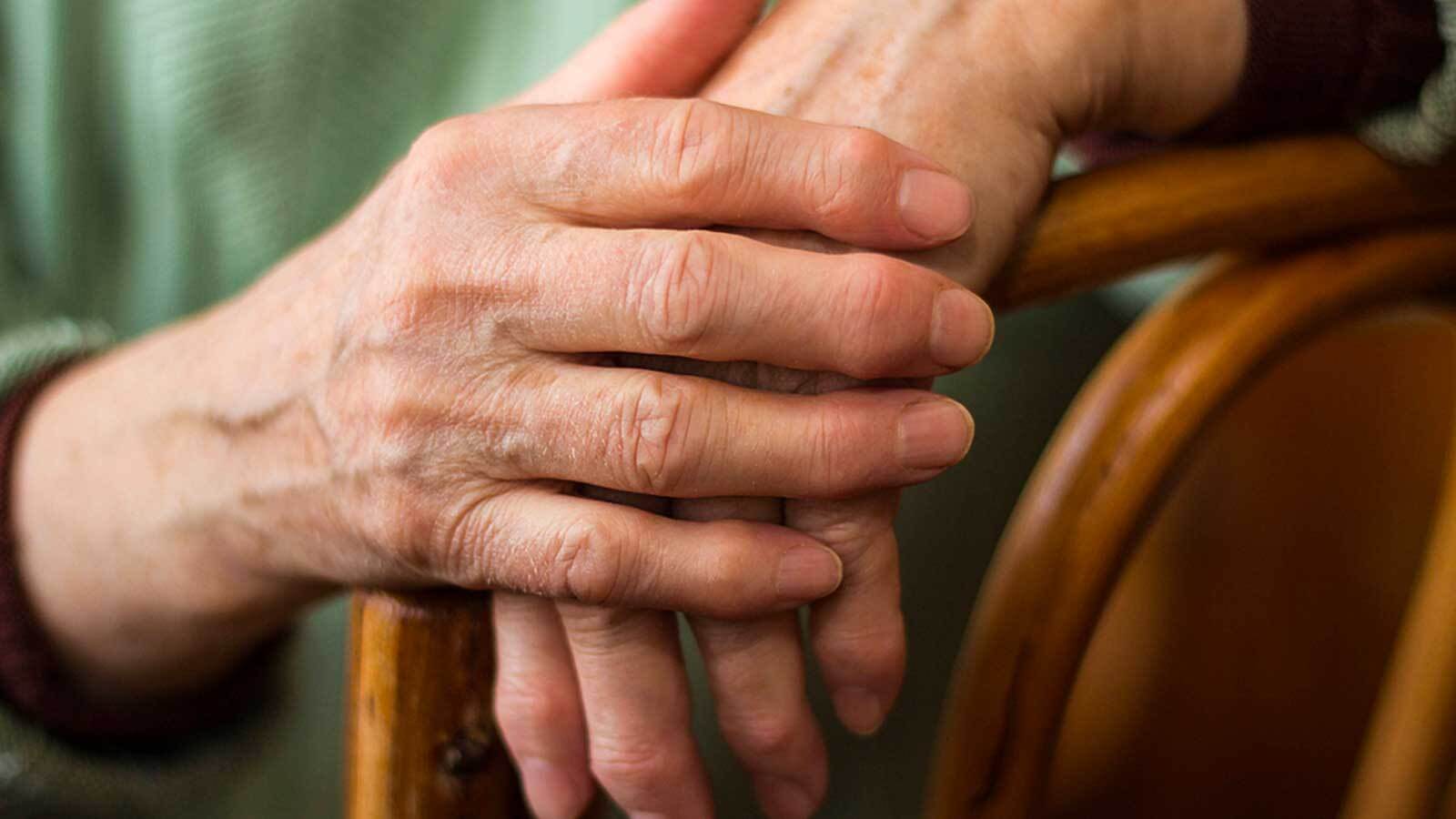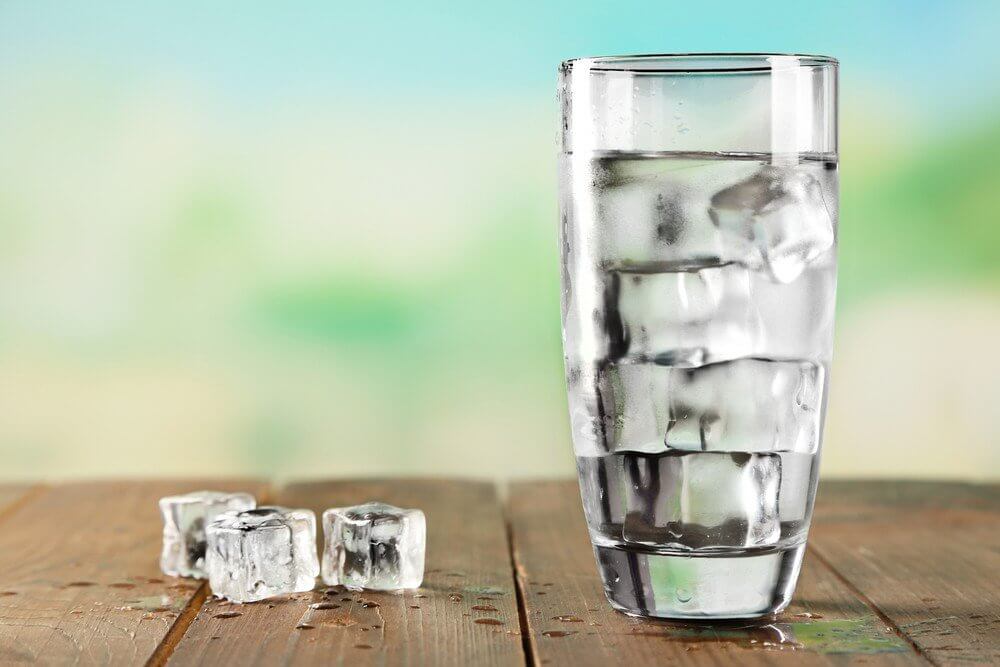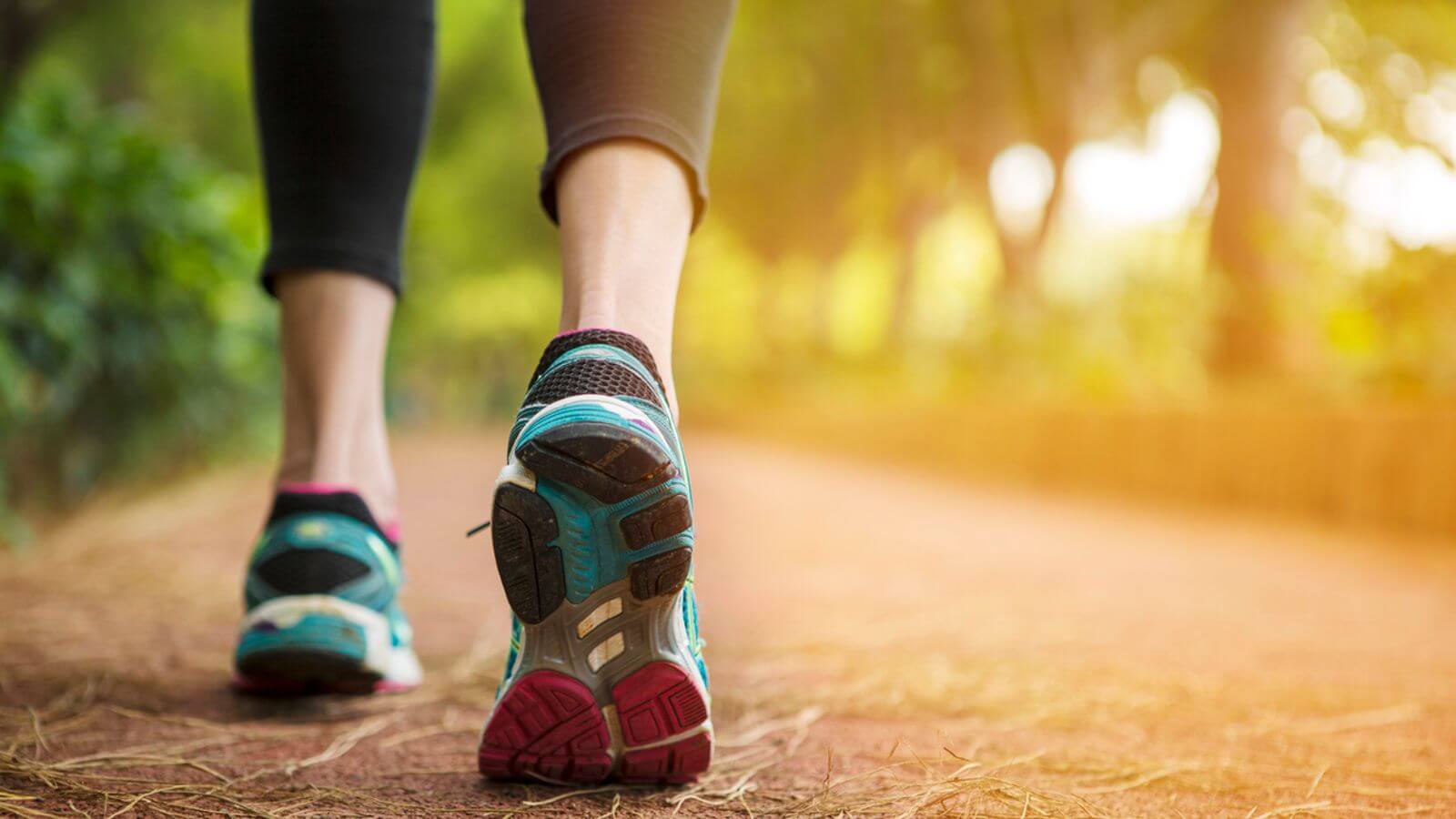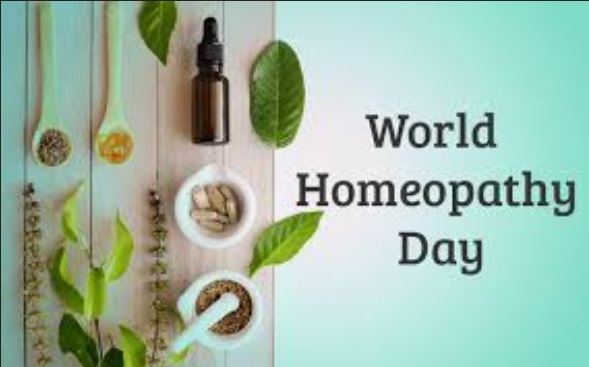Here are 7 tips to prevent winter Arthritis pain and inflammation
Tue 21 Nov 2023, 00:04:35

As winter is approaching, Rheumatoid Arthritis (RA) patients may find themselves trading in feelings of pain and stiffness. The discomfort and inflammation caused by RA can put a damper on your festive spirit and you will be left to struggle with the unpleasant pain. It is a known fact that winter causes symptoms like pain, swelling, stiffness, and fatigue tend to worsen.
Barometric pressure represents the weight exerted by air molecules pressing down on an individual. In winter, as temperatures drop, there is a corresponding decline in air pressure. This diminished pressure applies less resistance against the body, leading to tissue expansion. Consequently, decreases in barometric pressure may induce the expansion of tendons, muscles, and nearby tissues which can result in joint discomfort. Fortunately, as per Dr Pramod Bhor, Director of Orthopedics and Robotic Joint Replacement Surgeon, Fortis Hospital, Vashi, there are ways to manage these symptoms.
Want to ease arthritis pain and inflammation? Follow these essential tricks to keep the joints healthy during winter:
1. Dress in layers for maximum warmth, as it can help soothe stiff joints. Don’t forget the gloves.
2.
Stay active even in the winter, as regular exercise is crucial for muscle and bone strength and can reduce stiffness and fatigue. Exercise for at least 45 minutes on a daily basis and you will surely be able to improve joint health.
Stay active even in the winter, as regular exercise is crucial for muscle and bone strength and can reduce stiffness and fatigue. Exercise for at least 45 minutes on a daily basis and you will surely be able to improve joint health.
3. Prioritize stretching before and after activities to loosen joints and prevent injury. Remember, not to go overboard while exercising.
4. Maintain a healthy weight through exercise and a balanced diet to alleviate inflammation. What you put into your body can greatly impact arthritis symptoms during the winter months.
5. Incorporating foods that have natural anti-inflammatory properties into your daily diet can provide relief from joint pain and inflammation. Foods such as fatty fish, berries, nuts, and leafy greens are known for their ability to reduce inflammation in the body.
6. Avoiding processed foods, sugar, excessive caffeine consumption, and alcohol can help eliminate triggers of inflammation.
7. Ensure you get enough sleep, as lack of rest can increase inflammation. Try to get a minimum of 8 hours of sleep without fail. Stay vigilant and consult the expert as and when required.
No Comments For This Post, Be first to write a Comment.
Most viewed from Health
AIMIM News
Latest Urdu News
Most Viewed
May 26, 2020
Do you think Canada-India relations will improve under New PM Mark Carney?
Latest Videos View All
Like Us
Home
About Us
Advertise With Us
All Polls
Epaper Archives
Privacy Policy
Contact Us
Download Etemaad App
© 2025 Etemaad Daily News, All Rights Reserved.






























